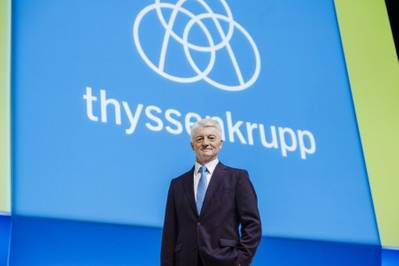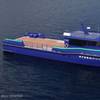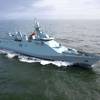Steel Trade: Thyssenkrupp Restructuring After Steel Deal
Thyssenkrupp Chief Executive Heinrich Hiesinger said he would restructure the German industrial conglomerate further after signing a long-awaited deal to merge its steel assets with those of India's Tata Steel.
The steel merger, which will create Europe's second largest steel business with annual sales of 17 billion euros ($19.8 billion), was finally sealed last weekend after two years of at times difficult talks.
Seeking to manage expectations before a strategy presentation to the supervisory board next week, Hiesinger told a German newspaper that, although Thyssenkrupp had undergone far-reaching change, more was to come.
"Our work is never done. And our way is very clear," he told the Westdeutsche Allgemeine Zeitung in an interview. "Thyssenkrupp will become a strong industrial and services group."
Hiesinger had faced pressure from activist shareholders Cevian and Elliott to get the steel deal done and devote his efforts to streamlining the group's unfashionable conglomerate structure.
Thyssenkrupp has reserved the sole right to decide whether and when to float the joint venture, called Thyssenkrupp Tata Steel, and would also collect 55 percent of the proceeds of a stock market listing.
Hiesinger parried questions on when that might happen, however, reminding his interviewer that the partners had agreed to keep a majority in the business for six years.
He also declined to give details of his forthcoming plans, saying only that he would present a "sharper strategic picture".
Thyssenkrupp, which makes everything from submarines to elevators, may put its Materials Services division - the group's biggest by sales - and parts of its shipbuilding business on the block.
A source has said that the supervisory board could decide on a divestment at its forthcoming meeting.
Hiesinger pushed back against investor criticism that he has been slow to overhaul the company, which employs 160,000 workers, since taking the helm in 2011.
"We have brought about a comprehensive change of culture," he said. "We have substantially reduced the company's debts and significantly improved its earnings situation," he said.
(Reporting by Douglas Busvine Editing by Edmund Blair)














